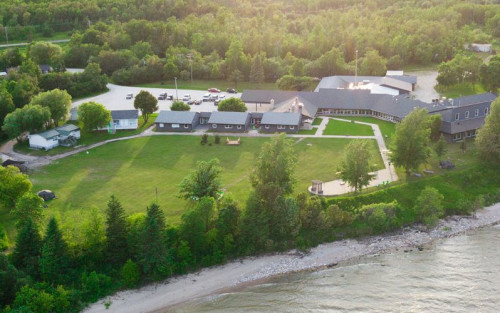



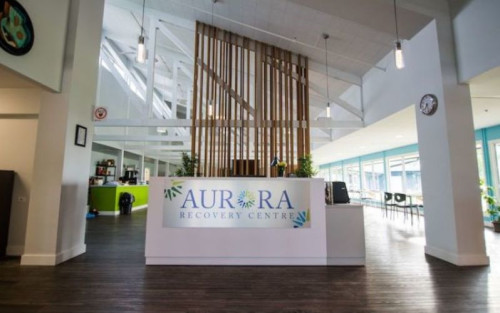




Aurora Recovery Centre
Verified Center
This provider's information has been quality-checked by Recovery.com's Research Team for accuracy and completeness, including center verification through appropriate third-party organizations.
Treatment Focus
This center treats substance use disorders and co-occurring mental health conditions. Your treatment plan addresses each condition at once with personalized, compassionate care for comprehensive healing.
Primary Level of Care
Offering intensive care with 24/7 monitoring, residential treatment is typically 30 days and can cover multiple levels of care. Length can range from 14 to 90 days typically.
Treatment Focus
This center treats substance use disorders and co-occurring mental health conditions. Your treatment plan addresses each condition at once with personalized, compassionate care for comprehensive healing.
Primary Level of Care
Offering intensive care with 24/7 monitoring, residential treatment is typically 30 days and can cover multiple levels of care. Length can range from 14 to 90 days typically.
Private Pay
You pay directly for treatment out of pocket. This approach can offer enhanced privacy and flexibility, without involving insurance. Exact costs vary based on program and length of stay. Contact the center for specific details.
Aurora Recovery Centre
Aurora Recovery Centre
About Aurora Recovery Centre
Located an hour north of Winnipeg on 25 scenic lakeside acres, Aurora Recovery Centre delivers full-service care for addiction and co-occurring mental health conditions. Clients can engage in residential treatment, virtual outpatient programs, and medically supervised detox. With a multi-faceted approach, Indigenous healing practices, and restorative amenities, Aurora offers a welcoming, respectful space where clients reclaim health, rebuild purpose, and set the foundation for lifelong recovery.
Transform Patterns for Sustainable Change
Aurora Recovery employs an integrative, whole-person approach to address addiction and co-occurring conditions. Treatment plans begin with comprehensive assessments, addressing physical, mental, emotional, and spiritual health. When necessary, medically monitored detox ensures safety and comfort. Clients engage in therapies to modify negative thought patterns, regulate emotions, and develop coping strategies. Complementary practices like 12-Step groups, yoga, equine assisted learning, and Indigenous healing traditions enhance each client’s path to healing.
Recharge and Thrive in a Relaxing Environment
Clients share gender-specific rooms with private bathrooms featuring double sinks and walk-in showers. They enjoy nutritious, chef-prepared meals with accommodations for dietary needs. Each day offers opportunities to build physical strength in the fitness centre, yoga studio, and indoor pool or unwind with lakeside walks. Restorative services like reiki, massage, and haircuts enhance well-being. Aurora welcomes service animals and offers flexible tech use, creating an inclusive, personalised recovery experience.
Maintain Progress With Ongoing Care
Aurora considers long-term, continued support an essential part of each person's treatment and recovery planning. Every client departs with a customized continuing care plan, which may include regular follow-ups, group therapy, individual counselling sessions, peer support meetings, and alumni resources. For programs lasting 45 days or longer, Aurora offers a warranty, allowing clients to return for additional support if needed, reinforcing their commitment to sustained recovery.

Highlights from the Center
Highlights
These highlights are provided by and paid for by the center.
Therapeutic Location
Customized Treatment Plans
Pool
On-site Medical Detox
Center Overview
Treatment Focus
This center treats substance use disorders and co-occurring mental health conditions. Your treatment plan addresses each condition at once with personalized, compassionate care for comprehensive healing.

Aurora Recovery Centre
Cash Pay Rates
Estimated Cash Pay Rate
Center pricing can vary based on program and length of stay. Contact the center for more information. Recovery.com strives for price transparency so you can make an informed decision.


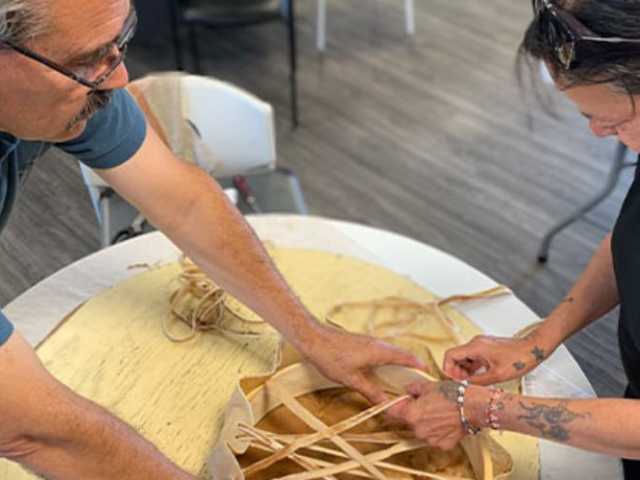

Recovery.com Verified Listing
Recovery.com verified that the name, location, contact information and license to operate for this treatment provider are valid and up-to-date.

CARF Accredited
Recovery.com is an independent, third-party mental health resource. Verification does not imply endorsement and does not guarantee the quality of treatment services.
Meet Your Care Team

Michael Bruneau
President & CEO

Kevin Koroscil
Spiritual Advisor

Lisa Hancharek
Director of Activities & Events

Jacqui Kennedy
Massage Therapist

Patty Medd
Nurse Practitioner

Kyla Dalman
Assistant Clinical Director & Counsellor

Chantal Klainchar
Program Director of Aurora Reunification Centre

Ashley Casey
Counsellor
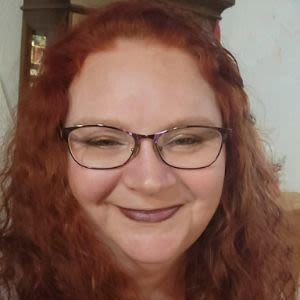
Teresa Thordarson
Reception

Nicole Levesque
Front Desk Executive

Tara Campbell
Knowledge Keeper/Indigenous Advocate
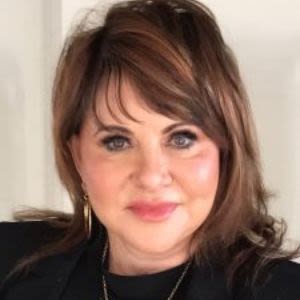
Geri Lawrence
Therapist

Anthony Joubert
Chief Financial Officer
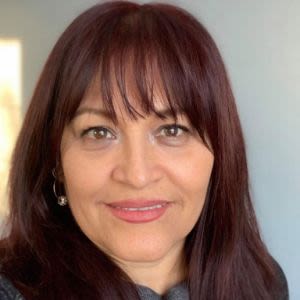
Silvia Harder
Client Care Supervisor

Jamie Peterson
Executive Chef

Leane Leduc
Housekeeping Supervisor

Melissa Jago
Mental Health Nurse
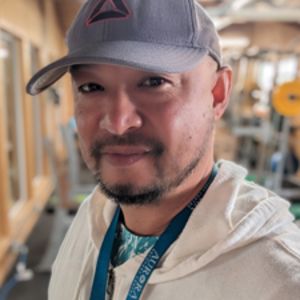
Coach Eddie Miller
Master Fitness Trainer

Shawna Rutledge
Reiki
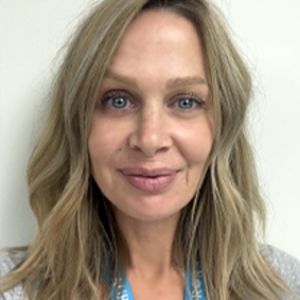
Staci Barnes
Counsellor

Kerri Kille
Counsellor
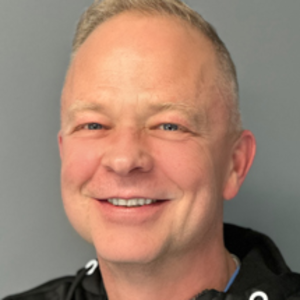
Tom Kowalchuk
Continuing Care Coordinator & Counsellor
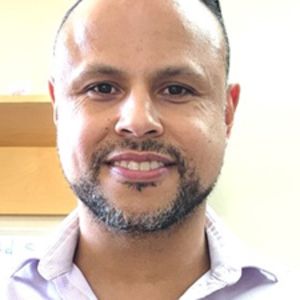
Marcio Neri
Counsellor
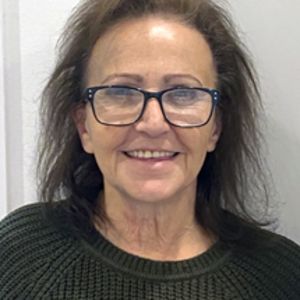
Rosa Dawson
Counsellor

Carleigh Bourgeois
Clinical Associate
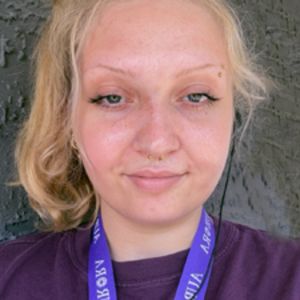
Madison Kunz
Clinical Associate
CCS
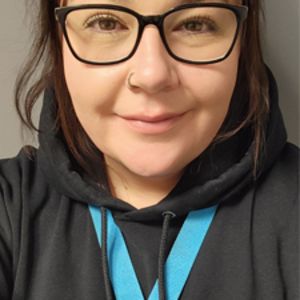
Jaclyn Baptiste
Counsellor

Geri Lawrence
Trauma Therapist

Tyler Huston
BreathFirst - Breath Control Therapy

Soloman Legasse
Client Care Specialist

Madison Thordarson
Client Care Specialist

Laura Tryhuk
Client Care Specialist
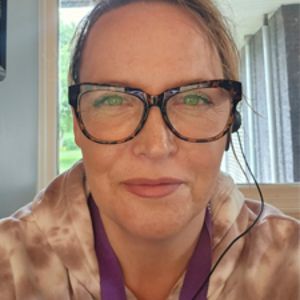
Melanie Robertson
Client Care Specialist

Mariah Sankoh
Counsellor
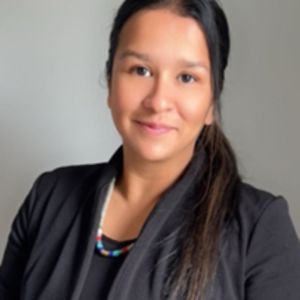
Maxine Roulette
Counsellor
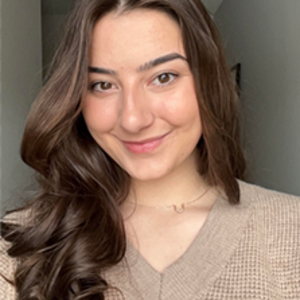
Lauren Sellman
Counsellor
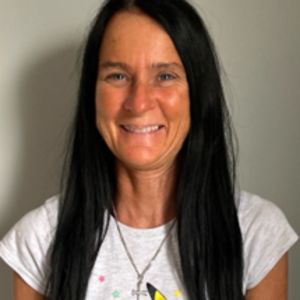
Jenny Schultz
Early Childhood Care Coordinator

Miriam Okaekwu
Youth Care Specialist

Nnenna Obiahu
Client Care Specialist
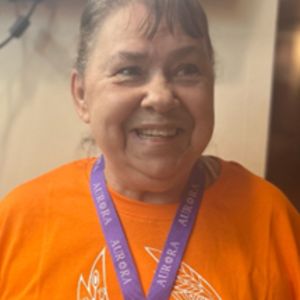
Cheryl Davis
Client Care Specialist
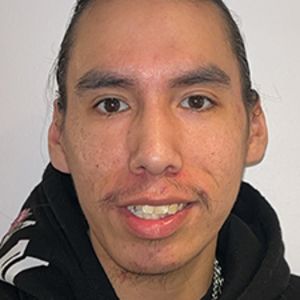
Sam Jackson
Client Care Specialist

Yankun Zhu
Housekeeping

Chantel Klainchar
Program Director

Mark Shepit
Wellness Director
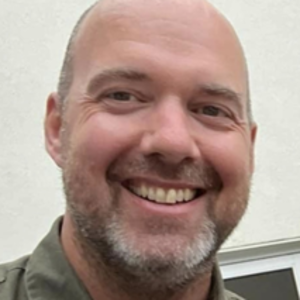
Aaron Lund
Intake Coordinator & Accounting Assistant

Kailey Penner
Facility Manager and Counsellor
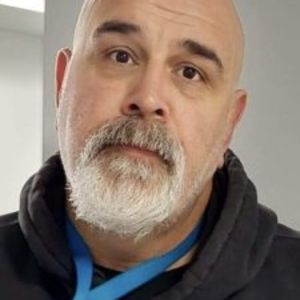
Kevin Carter
Transportation

Brian Spakowski
Maintenance/Transportation

Leane Leduc
Housekeeping Supervisor
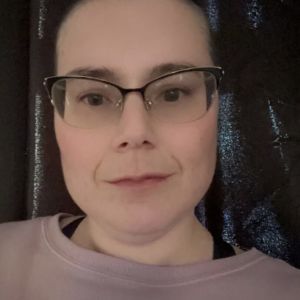
Vanessa Park
Housekeeping

Tiffany Favell
Housekeeping

Racheal Bjarnason
Housekeeping
Your Care Options
Specializations
Cocaine
Cocaine is a stimulant with euphoric effects. Agitation, muscle ticks, psychosis, and heart issues are common symptoms of cocaine abuse.
Prescription Drugs
It's possible to abuse any drug, even prescribed ones. If you crave a medication, or regularly take it more than directed, you may have an addiction.
Benzodiazepines
Benzodiazepines are prescribed to treat anxiety and sleep issues. They are highly habit forming, and their abuse can cause mood changes and poor judgement.
Trauma
Some traumatic events are so disturbing that they cause long-term mental health problems. Those ongoing issues can also be referred to as "trauma."
Methamphetamine
Methamphetamine, or meth, increases energy, agitation, and paranoia. Long-term use can result in severe physical and mental health issues.
Opioids
Opioids produce pain-relief and euphoria, which can lead to addiction. This class of drugs includes prescribed medication and the illegal drug heroin.
Detox
Detox fully and safely removes toxic substances from the body, allowing the next steps in treatment to begin with a clean slate.
Alcohol
Using alcohol as a coping mechanism, or drinking excessively throughout the week, signals an alcohol use disorder.
Who We Treat
Men and Women
Men and women attend treatment for addiction in a co-ed setting, going to therapy groups together to share experiences, struggles, and successes.
Treatment Services
Residential
In a residential rehab program, patients live onsite, with access to daily treatment and 24-hour care. An average stay is 30-90 days.
Detox
Detox fully and safely removes toxic substances from the body, allowing the next steps in treatment to begin with a clean slate.
Approaches
Twelve Step
Incorporating spirituality, community, and responsibility, 12-Step philosophies prioritize the guidance of a Higher Power and a continuation of 12-Step practices.
Evidence-Based
A combination of scientifically rooted therapies and treatments make up evidence-based care, defined by their measured and proven results.
Family Involvement
Providers involve family in the treatment of their loved one through family therapy, visits, or both–because addiction is a family disease.
Strengths-Based
Providers using a strengths-based philosophy focus on the positive traits of their patients, creating a positive feedback loop that grows confidence.
Therapies
Spiritual Care
Tending to spiritual health helps treatment become more effective, allowing patients to better cope with their emotions and rebuild their spiritual wellbeing.
1-on-1 Counseling
Patient and therapist meet 1-on-1 to work through difficult emotions and behavioral challenges in a personal, private setting.
Family Therapy
Family therapy addresses group dynamics within a family system, with a focus on improving communication and interrupting unhealthy relationship patterns.
Twelve Step Facilitation
12-Step groups offer a framework for addiction recovery. Members commit to a higher power, recognize their issues, and support each other in the healing process.
Psychoeducation
This method combines treatment with education, teaching patients about different paths toward recovery. This empowers them to make more effective decisions.
Art Therapy
Visual art invites patients to examine the emotions within their work, focusing on the process of creativity and its gentle therapeutic power.
Conditions We Treat
Post Traumatic Stress Disorder
PTSD is a long-term mental health issue caused by a disturbing event or events. Symptoms include anxiety, dissociation, flashbacks, and intrusive thoughts.
Anxiety
Anxiety is a common mental health condition that can include excessive worry, panic attacks, physical tension, and increased blood pressure.
Depression
Symptoms of depression may include fatigue, a sense of numbness, and loss of interest in activities. This condition can range from mild to severe.
Codependency
Codependency is a pattern of emotional dependence and controlling behavior. It's most common among people with addicted loved ones.
Suicidality
With suicidality, a person fantasizes about suicide, or makes a plan to carry it out. This is a serious mental health symptom.
Gambling
Excessive, repetitive gambling causes financial and interpersonal problems. This addiction can interfere with work, friendships, and familial relationships.
Internet Addiction
Internet addiction is common among children teens. This compulsive disorder can damage relationships, school performance, sleep habits, and physical health.
Personality Disorders
Personality disorders destabilize the way a person thinks, feels, and behaves. If untreated, they can undermine relationships and lead to severe distress.
Bipolar
This mental health condition is characterized by extreme mood swings between depression, mania, and remission.
Substances We Treat
Cocaine
Cocaine is a stimulant with euphoric effects. Agitation, muscle ticks, psychosis, and heart issues are common symptoms of cocaine abuse.
Prescription Drugs
It's possible to abuse any drug, even prescribed ones. If you crave a medication, or regularly take it more than directed, you may have an addiction.
Benzodiazepines
Benzodiazepines are prescribed to treat anxiety and sleep issues. They are highly habit forming, and their abuse can cause mood changes and poor judgement.
Co-Occurring Disorders
A person with multiple mental health diagnoses, such as addiction and depression, has co-occurring disorders also called dual diagnosis.
Drug Addiction
Drug addiction is the excessive and repetitive use of substances, despite harmful consequences to a person's life, health, and relationships.
Chronic Relapse
Consistent relapse occurs repeatedly, after partial recovery from addiction. This condition requires long-term treatment.
Heroin
Heroin is a highly addictive and illegal opioid. It can cause insomnia, collapsed veins, heart issues, and additional mental health issues.
Synthetic Drugs
Synthetic drugs are made in a lab, unlike plant-based drugs like mushrooms. Most synthetic drugs are either stimulants or synthetic cannabinoids.
Languages
Aftercare
Care Designed for Your Needs
Personal Amenities
Amenities
Special Considerations
Gender-specific groups
Patients in gender-specific groups gain the opportunity to discuss challenges unique to their gender in a comfortable, safe setting conducive to healing.
Flexible technology policies
Centers with flexible technology policies allow professionals to stay in touch with work and give patients a greater sense of connection and normalcy.
Activities
Yoga
Yoga is both a physical and spiritual practice. It includes a flow of movement, breathing techniques, and meditation.
Off-Site Activities
Off-Site Amenities
Learn More About the Center
Inside Aurora Recovery’s Philosophy
Discover how a science-backed, integrative approach can reshape journeys toward lasting healing.
Using SMART Goals as a Roadmap
Learn to set clear, achievable goals that give recovery structure, focus, and direction.
How to Create a Recovery Plan
Discover practical steps to shape a clear, focused plan for achieving lasting success.
Finding a Path to Lasting Recovery
Uncover tools and support for creating meaningful, long-term change.
What people are saying
Treatment
5.0
Accommodations
5.0
Food & Nutrition
5.0
Value
5.0
DB
Treatment in 2020 • (90 days) • Reviewed 08/15/22
Former Client
•Ask for help
•Ontario





